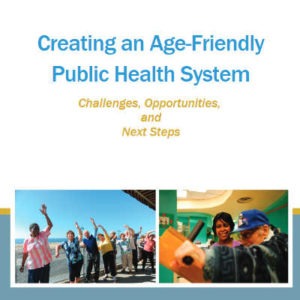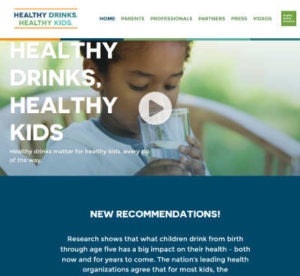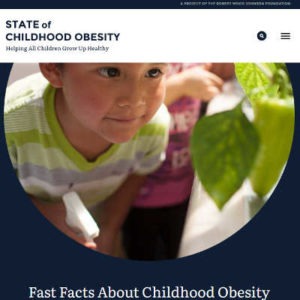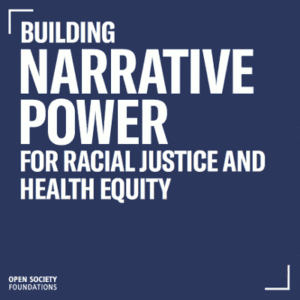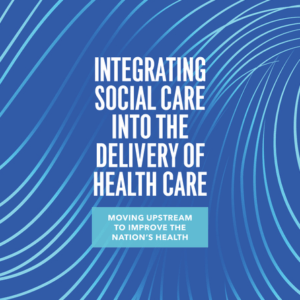Humana Foundation Advances Equity Through Community-Engaged Research Practices
Grantmakers In Health’s Maya Schane spoke with Heather Hyden and Soojin Conover of the Humana Foundation about the Foundation’s recently published report, Strengthening Science and Community Impact Through Equitable Research Practices. The report examines innovative research methods adopted by the Foundation’s partners to promote health equity in public health research through community-engaged research practices.
Collaborating for Impact: Providing Trust-Based Grantmaking and Technical Assistance to Support Local Resilience to Extreme Weather Events
In the last few years, there has been an increased number of extreme weather events, including wildfires, tornadoes, hurricanes, floods and heatwaves in the United States. In 2023, the United States experienced 28 disasters that cost at least $1 billion, the largest number of billion-dollar disasters in a single year on record (Smith 2024). While some areas of the country are more susceptible to these threats, there are no regions immune to disasters. According to a recent Gallup poll, 37 percent of adults in the United States report they have been personally impacted by at least one extreme weather event in the last two years, which is higher than the 2022/2023 survey result at 33 percent.
Creating an Age-Friendly Public Health System: Challenges, Opportunities, and Next Steps
National, state, and local public health officials; aging experts, advocates, and service providers; and health care officials came together to discuss how public health could contribute to an age-friendly society and improve the health and well-being of older Americans.
Health Affairs: Community Care for High Needs Patients
Almost everyone wants to live in their own home and community as they age. Yet for many, later age brings frailty and the accumulation of chronic conditions. This month’s issue of Health Affairs examines how we can best provide care in the community for people with advanced illness.

